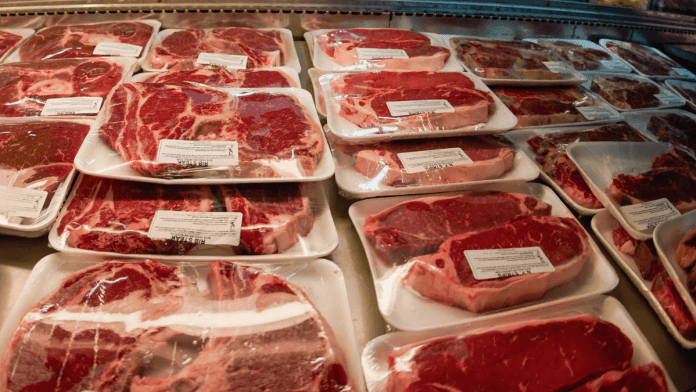News in Brief:
– Colombia imposes trade restrictions on US beef from states with H5N1 cases in dairy cattle, despite no such cases in beef herds.
– The Meat Export Federation criticised Colombia’s decision, highlighting its economic impact on both countries’ agricultural sectors.
Colombia has recently implemented trade restrictions on beef imports from the United States, citing concerns over the H5N1 virus, despite no reported cases in American beef herds. The restrictions target beef from states with confirmed cases of the virus in dairy cattle.
Although H5N1 is highly pathogenic in poultry, its impact on cattle is low, according to World Organisation for Animal Health standards. Nonetheless, Colombia has declared fresh or frozen beef from eight affected states ineligible for importation, including Idaho, Kansas, Michigan, New Mexico, North Carolina, Ohio, South Dakota, and Texas.
While a dairy herd in Colorado has reported H5N1, no restrictions have been placed on beef from the state, as per the USDA’s Export Library. This discrepancy adds to the confusion surrounding Colombia’s trade restrictions.
Industry response and economic impact
The US Meat Export Federation (USMEF) has criticided Colombia’s actions, calling them scientifically unfounded. As Colombia’s largest beef supplier, the restrictions are seen as disruptive to trade, affecting importers, customers, and suppliers. The body emphasises the need for a resolution to avoid further trade disruption.
Colombia’s ban extends to goat and sheep products as well. In 2023, the United States exported $40 million worth of beef and beef products to Colombia, highlighting the significant economic impact of the trade restrictions. As of now, no other countries have followed Colombia’s lead in imposing H5N1-related bans on US beef, indicating that the issue is isolated.
The ripple effects of Colombia’s decision are felt by local farmers, particularly in the affected states, who may face reduced demand for their products.



